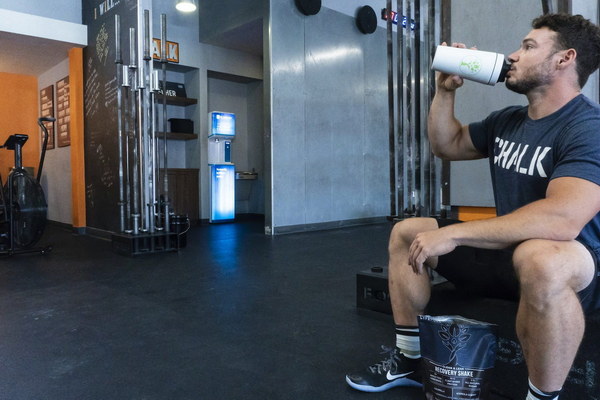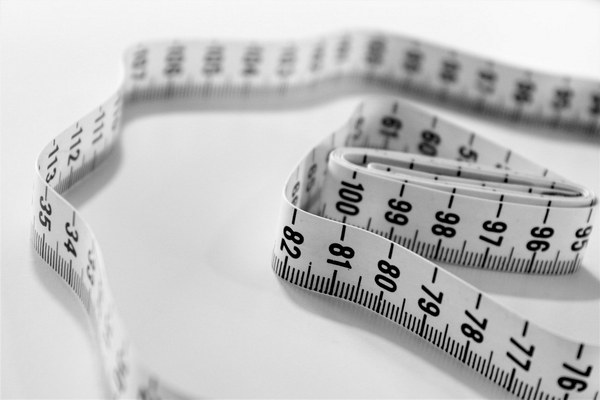Should You Exercise Before an Upcoming Physical Examination
Introduction:
The decision to exercise before an upcoming physical examination is often a topic of debate among individuals. While some believe that a good workout can help prepare the body for the examination, others worry that it may hinder the results. In this article, we will explore the pros and cons of exercising before an upcoming physical examination and provide guidance on whether it is advisable to engage in physical activity during the week leading up to your exam.
Pros of Exercising Before a Physical Examination:
1. Improved Cardiovascular Health:
Regular exercise can enhance cardiovascular health, which is a critical aspect of the physical examination. Engaging in physical activity before the exam can help ensure that your heart is in good condition, potentially leading to a more accurate assessment of your cardiovascular health.
2. Enhanced Lung Function:
Exercise increases lung capacity and improves oxygenation of the blood. By exercising before the examination, you can ensure that your lungs are functioning optimally, allowing for a more accurate assessment of your respiratory health.
3. Enhanced Immune System:
Physical activity can strengthen the immune system, making it more resilient to diseases. Exercising before the exam may help reduce the risk of catching an illness during the examination process, ensuring that the results are not affected by a weakened immune system.
4. Better Sleep Quality:
Regular exercise can improve sleep quality, which is essential for overall health. Engaging in physical activity before the examination may help you achieve a better night's sleep, allowing you to feel more refreshed and prepared for the exam.
5. Reduced Stress:
Exercise is a well-known stress reliever. By incorporating physical activity into your routine before the examination, you can help manage stress levels, potentially leading to a more accurate assessment of your mental and emotional health.
Cons of Exercising Before a Physical Examination:
1. False Results:
Engaging in vigorous exercise before the examination may lead to temporary changes in blood pressure, heart rate, and lung function. This can result in false results, making it challenging for healthcare providers to accurately assess your health status.
2. Increased Risk of Injury:
If you push yourself too hard during the week before the examination, you may increase your risk of injury. It is crucial to prioritize safety and avoid high-impact or strenuous activities that could potentially harm your body.
3. Dehydration:
Exercise can lead to dehydration, which may affect the results of certain blood tests or urine analysis. Ensure that you stay well-hydrated before the examination to prevent any inaccuracies in the results.

4. Fatigue:
Intense exercise can leave you feeling tired and fatigued, making it challenging to concentrate during the examination. While a moderate workout can help improve alertness, excessive exercise may have the opposite effect.
Conclusion:
In conclusion, the decision to exercise before a physical examination depends on various factors, including the type and intensity of the exercise, individual health conditions, and personal preferences. While there are benefits to exercising before the exam, such as improved cardiovascular health and a strengthened immune system, there are also risks, such as false results and increased injury risk.
It is advisable to consult with your healthcare provider to determine the best course of action for you. If you are in good health and your provider recommends a moderate exercise routine, you can consider incorporating light to moderate workouts into your weekly schedule leading up to the examination. However, if you have any concerns or pre-existing health conditions, it is best to err on the side of caution and avoid excessive exercise before the exam.
Remember that the primary goal of a physical examination is to assess your overall health and well-being. While exercise can contribute to a healthier lifestyle, it should not overshadow the importance of a comprehensive examination conducted by healthcare professionals.









